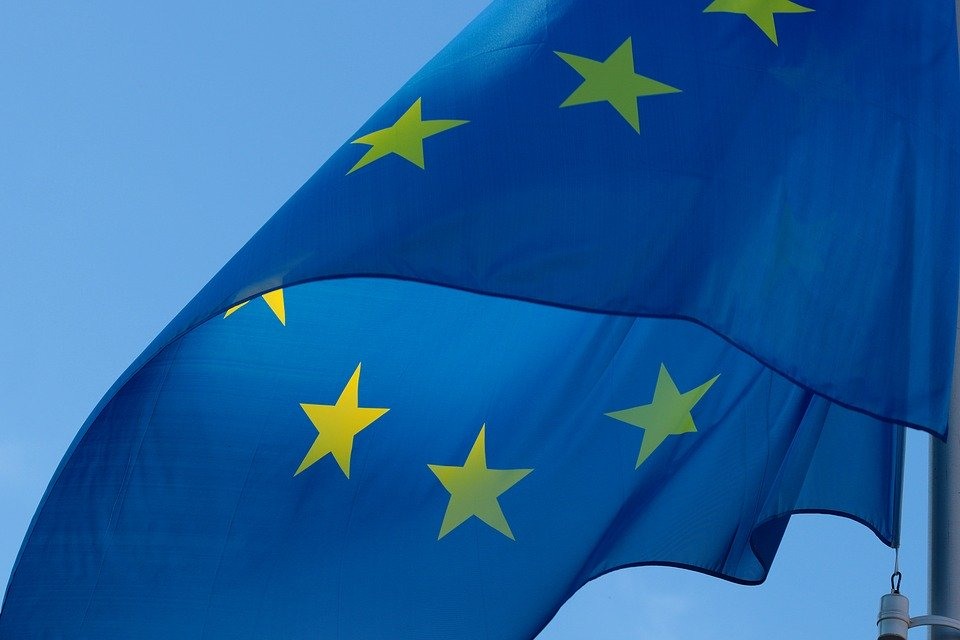EU Advances Anti-Money Laundering Measures for Cryptocurrencies

The European Parliament and Council, consisting of finance ministers from the 27 member states, have tentatively agreed on key provisions within the Anti-Money Laundering Regulation (AMLR), a comprehensive regulatory framework designed to combat money laundering.
One notable provision mandates that cryptocurrency firms implement "customer due diligence measures" for transactions exceeding the equivalent of $1,090. Additionally, the agreement introduces measures to mitigate risks associated with transactions involving self-hosted wallets.
Furthermore, regulators have established specific checks for providers of cryptocurrency asset services involved in transactions across different countries. This requires cryptocurrency asset service providers to thoroughly monitor the business connections of high-net-worth individuals.
The provisional agreement also empowers Financial Intelligence Units (FIUs) with special authority to swiftly acquire crucial financial and administrative details, including information related to taxes, funds, frozen assets linked to financial penalties, and transfers involving cryptocurrencies.
This agreement is particularly focused on the European Union's sixth money-laundering directive and the rulebook outlined in the AMLR framework. The AMLR initiative aims to address sanctions evasion and money laundering, incorporating the creation of a unified rulebook and the establishment of a supervisory authority overseeing the cryptocurrency sector.
Over the past year, the European Union has implemented specific Anti-Money Laundering (AML) checks on cryptocurrency fund transfers in alignment with the Markets in Crypto Assets (MiCA) regulation. In December, an agreement was reached between the European Parliament and Council to establish the AML supervisory authority.
The European Union's financial regulator has been refining regulations to address money laundering concerns, extending measures to cover cryptocurrency companies. Consequently, cryptocurrency firms in the European Union must now assess the likelihood of their involvement in financial crimes by scrutinizing customers, offered products, delivery methods, and geographical locations.
This recent development in the AMLR package underscores the European Union's commitment to strengthening measures against money laundering and promoting transparency in the cryptocurrency sector.


